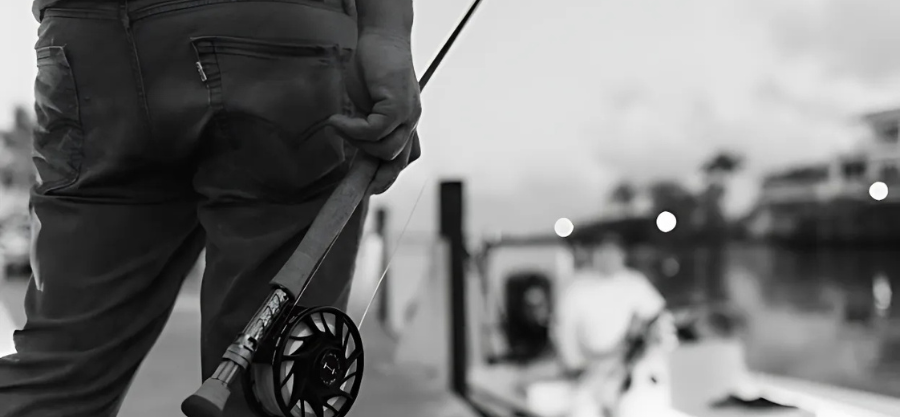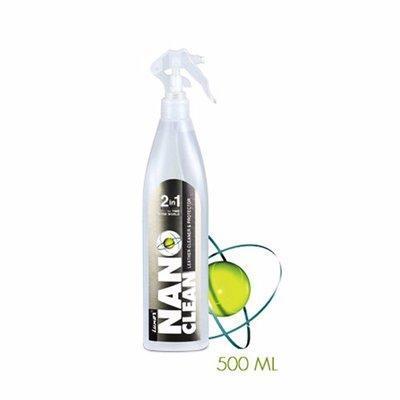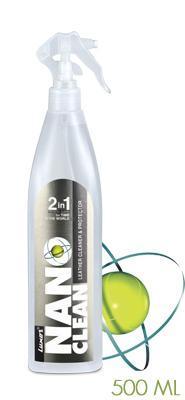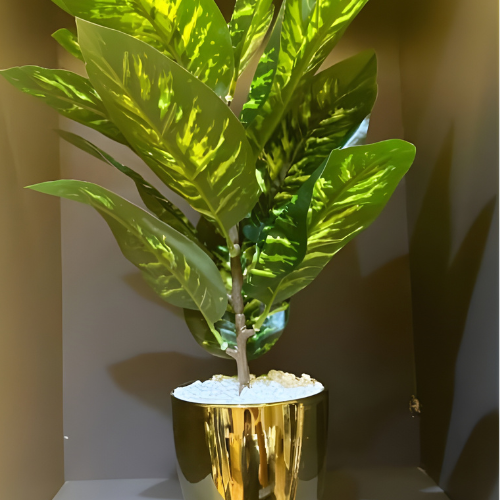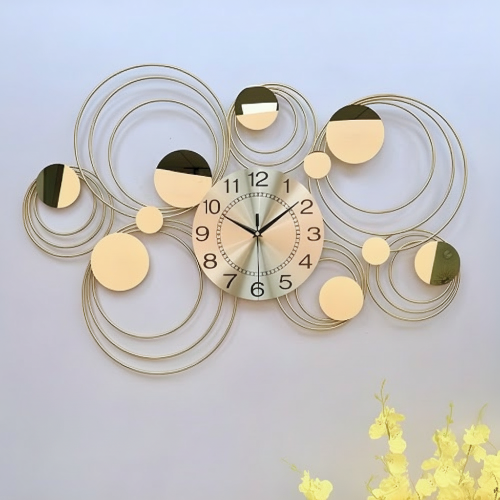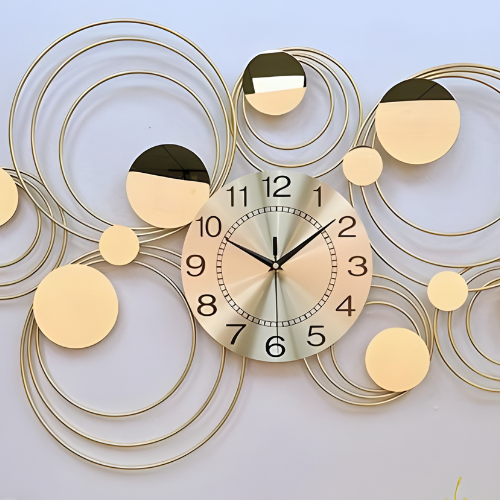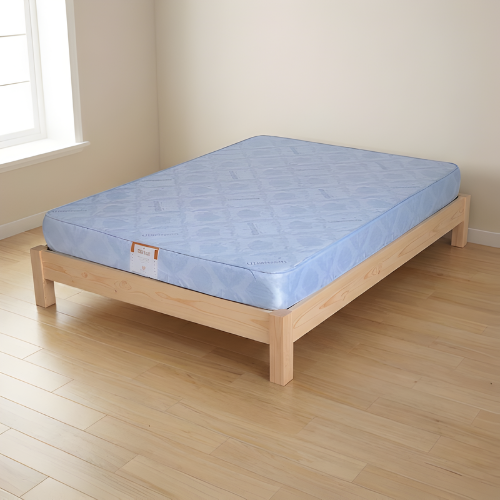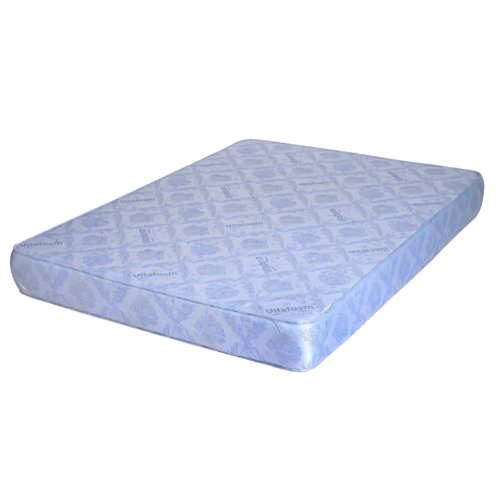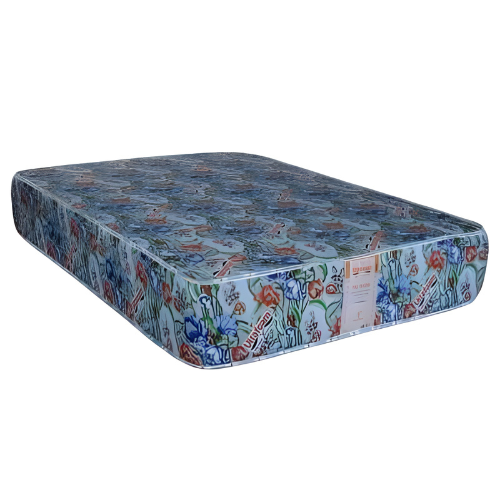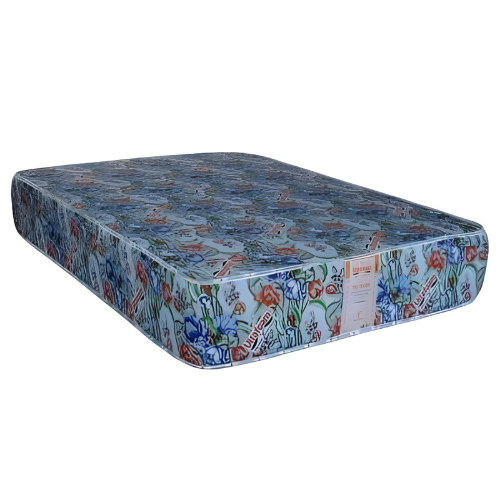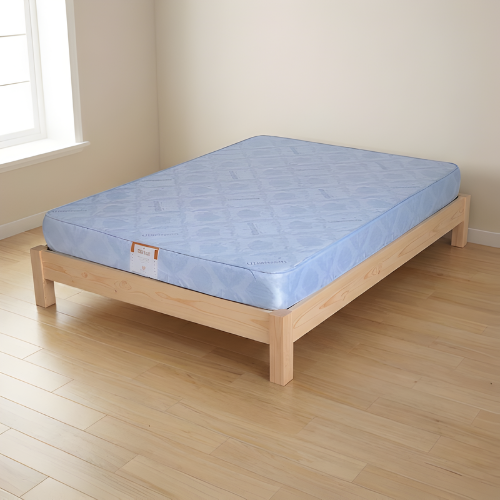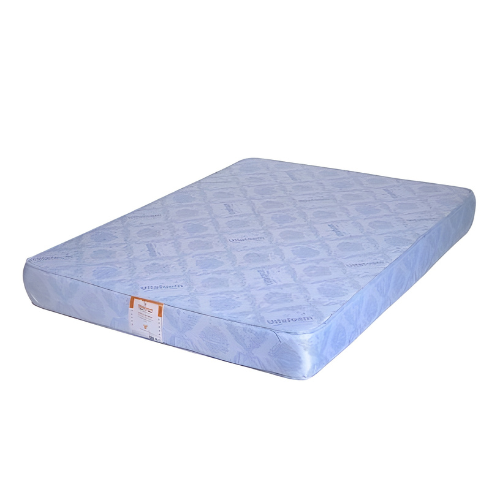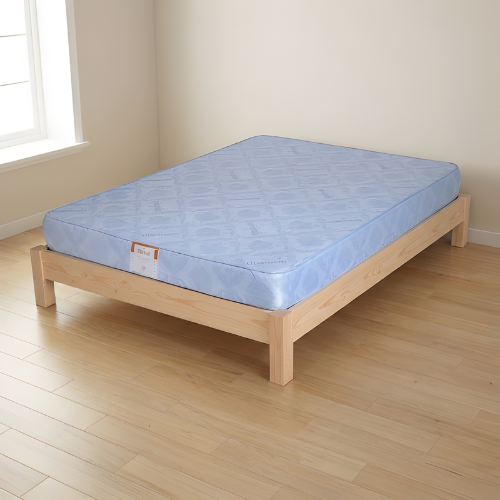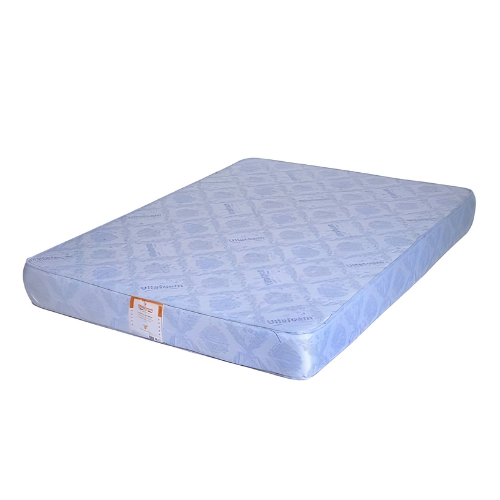Fly rod fishing is an art that requires patience, talent, and proper tackling. So, choosing the right kind of fly rod makes all the difference in casting accuracy, ease of use, and overall success with fishing.
Ideally, fly rods have been designed to suit particular conditions, fish species, or ways of casting, some of which possess certain advantages over others. Whether one is starting to get into the sport or has been in it long enough to know what one wants to add to the collection, it's vital to understand the various types of fly rods and their uses.
Not only does this make fishing interesting, but it also puts you ahead of whatever may come your way. The five kinds of fly rods, along with their uses, are focused on in this article.
1. Freshwater Fly Rods
Freshwater rods are the most used and versatile in fly fishing. They are designed for rivers, streams, and lakes where anglers generally target species such as trout, bass, and panfish. These rods generally vary in weight from 2 to 6 and in length from 7 to 9 feet, thus making them light and easy to handle.
Furthermore, these rods are considered versatile; hence, they are perfect for beginners. They also work really great in casting small flies for calm or moderately running water conditions. For example, an angler fishing for trout on a mountain stream would benefit from the lightweight design of a freshwater fly rod for smooth, accurate casts, which can be conducted even in tight, tree-lined areas.
However, pairing the fly rod and reel in a balanced manner is important for excellent performance. That said, balanced reels are lightweight, sit well with the rods and carry good drag that manages the smaller fish without over-complicating the setup.
2. Saltwater Fly Rods
On the contrary, saltwater fly rods are built for rough conditions in coastal fishing. These kinds of rods are designed for strength and constructed for durability to make them withstand the corrosion of salt water and the fighting of strong species like tarpon, redfish, and bonefish.
A typical saltwater rod will be heavier and will often be paired with powerful reels that have sealed drag systems to protect them from saltwater damage. Their larger size allows for longer casts in windy conditions, a regular occurrence when fishing on the ocean or along saltwater flats.
Consequently, if you're a saltwater angler, make sure the rod is strong enough to handle the "fighting" fish. Practice your cast, too, since you are most often casting out farther to reach schools of fish in open water.
3. Spey Rods
Arguably, Spey rods are long and sometimes two-handed fly-fishing rods designed to deliver more specialized techniques. These rods are designed for effectively fishing large rivers with casts that often have to reach targets that are simply just out of range. Developed initially in Scotland for catching salmon, spey rods today are extremely popular, not only with steelhead in mind but also trout and saltwater species.
Therefore, the unique two-handed design enables anglers to cast great distances without requiring a lot of back-casting space. Hence, they are a perfect choice when fishing in rivers that have powerful currents or not enough room behind one's back for the usual casting.
Additionally, Spey rods work best when combined with reels that have been designed to handle additional line length and weight associated with this style of fishing. A well-matched fly rod and reel setup will balance out for easier casting and handling of fish.
4. Switch Rods
Switch rods represent a hybrid between the traditional fly rods and spey rods; they allow anglers to use both one-handed and two-handed casting techniques. Generally much shorter than spey rods, they are designed for both fresh and light saltwater applications.
These rods are ideal for situations that require adaptability. For instance, when fishing a medium-sized river, you can easily switch between casting styles depending on the environment. If there's plenty of space, a traditional one-handed cast works well. However, in tight quarters or when dealing with long distances, the two-handed spey technique proves advantageous.
Switch rods are great for anglers who want one rod that can handle multiple scenarios.
5. Tenkara Rods
Tenkara rods are unique for their simplicity and design. Originally from Japan, these rods are lightweight and telescopic, created for minimalist fishing techniques on small streams and rivers. No reel is required, as the line is attached directly to the tip of the rod.
Nevertheless, Tenkara fishing is all about precision and ease; hence, it is very appropriate for catching small fish, like trout, in shallow and clear waters. The simplicity of the setup appeals to both the amateur and seasoned angler searching for a challenge. Although less versatile in presentation, the strong point of Tenkara rods lies in being able to present flies with delicacy and stealth. They are ideal for those hiking trips or remote fishing outings where portability and simplicity remain the highest priorities.
Concluding Thoughts
Knowing various kinds of fly rods and their particular applications is the key to any angler's development in the sport.
From versatile freshwater models to durable saltwater ones, specialized Spey rods, adaptable switch rods, and minimalist Tenkara rods all have specific uses.
Choose the right rod that will suit your needs and match it with an appropriate fly rod and reel to ensure the most significant possibility of success on the water. No matter where or for what you are fishing, proper equipment prepares you for the challenges and rewards emanating from fly fishing.
The tips highlighted herein will have you confidently selecting appropriate fly rods that match up with your goals and skill sets so every fishing trip becomes a memorable treat.
Author's Bio: Sujain Thomas

Sujain Thomas is a freelance content writer and blogger who has written articles for several renowned blogs and websites about Home decor/Diy and various topics to engineer more traffic on websites.She love to decorate home in her free time



